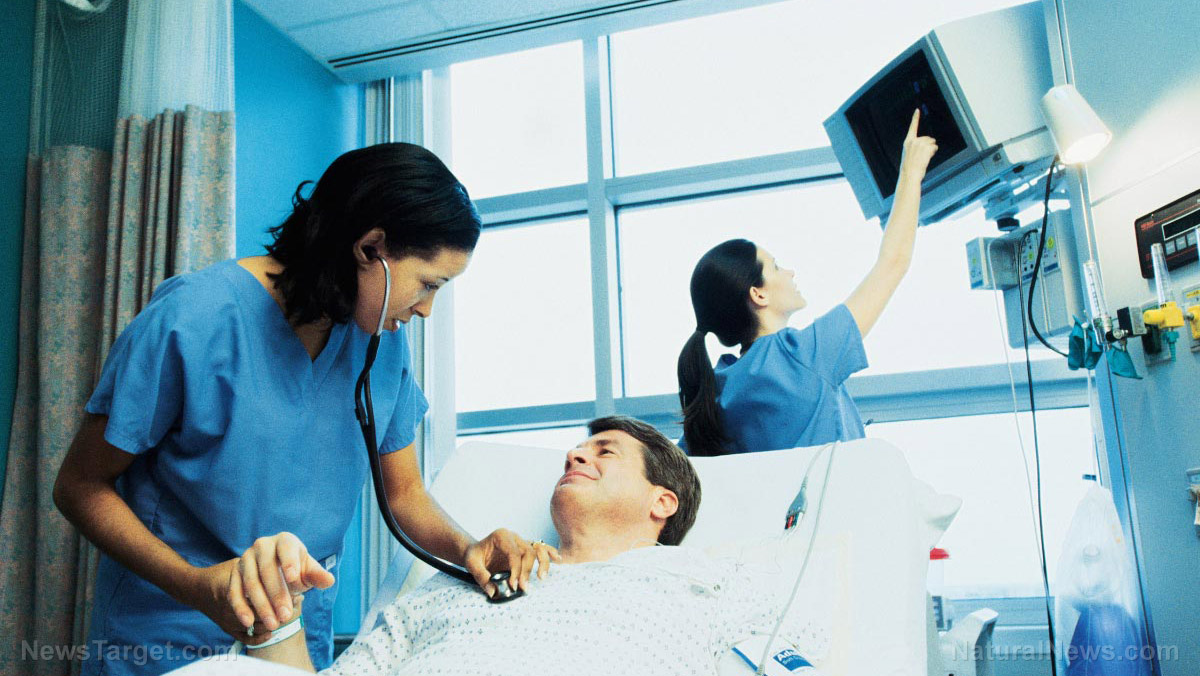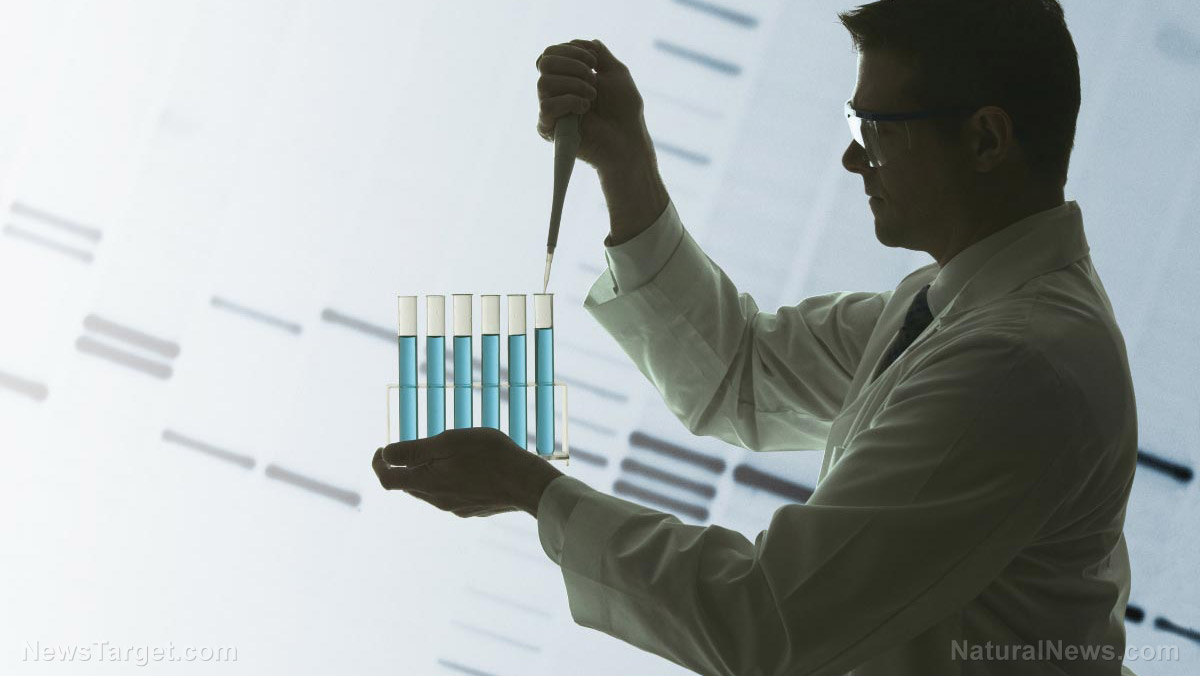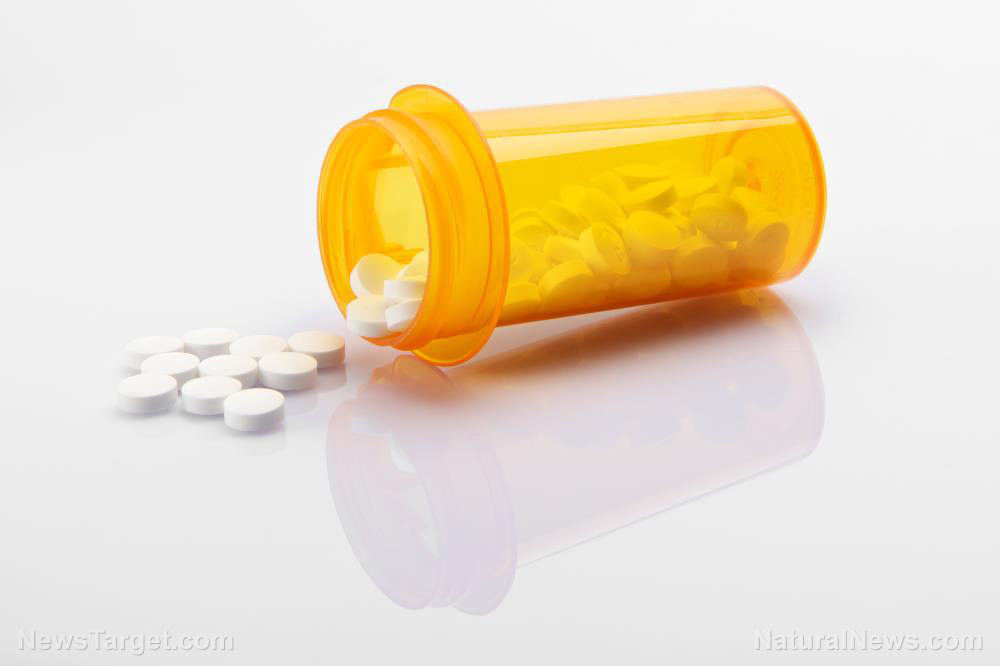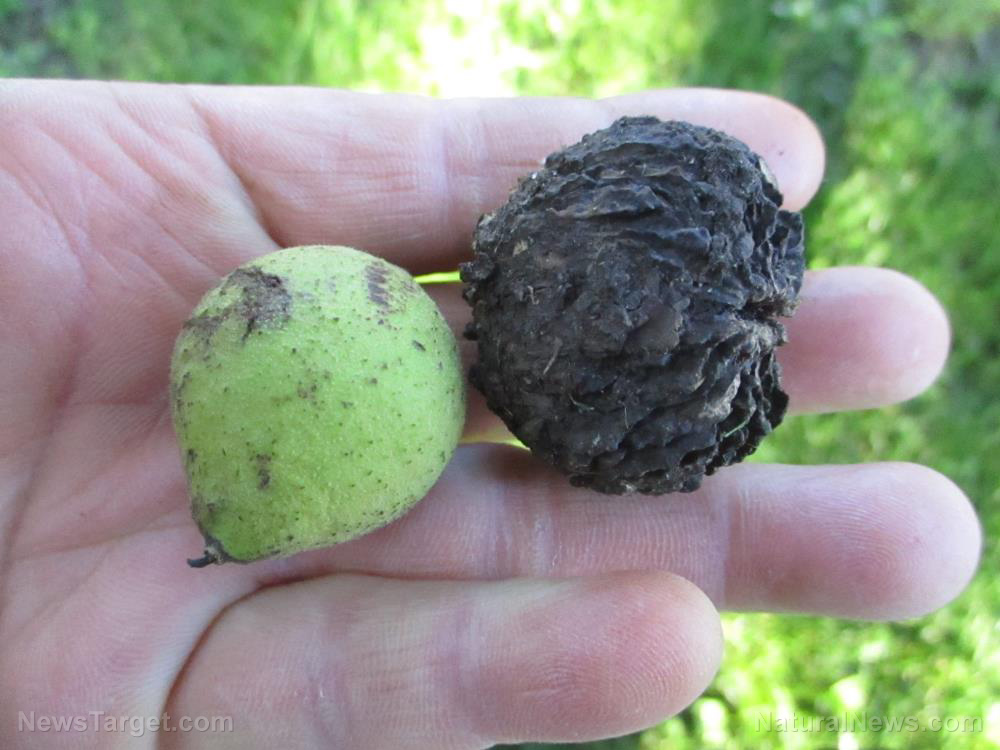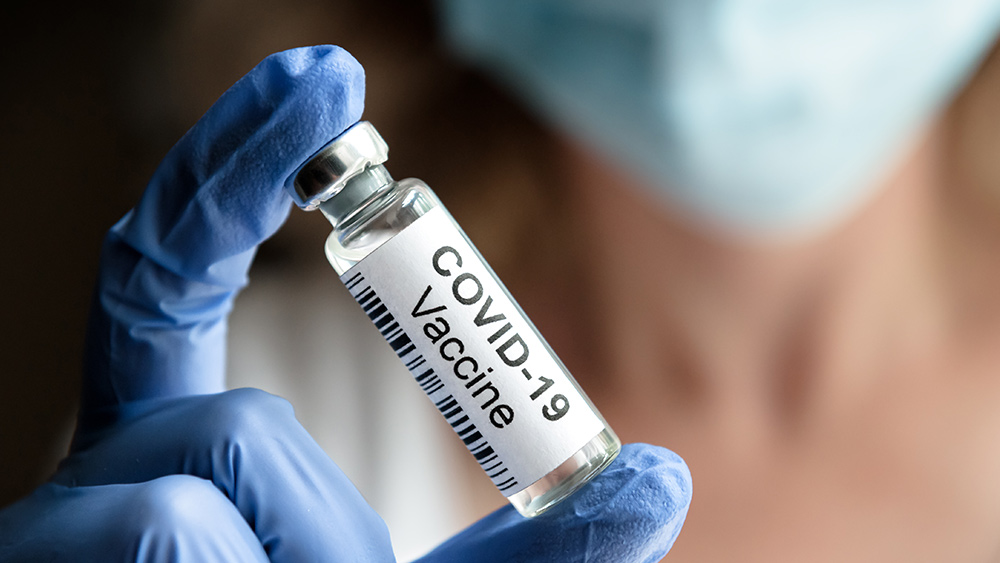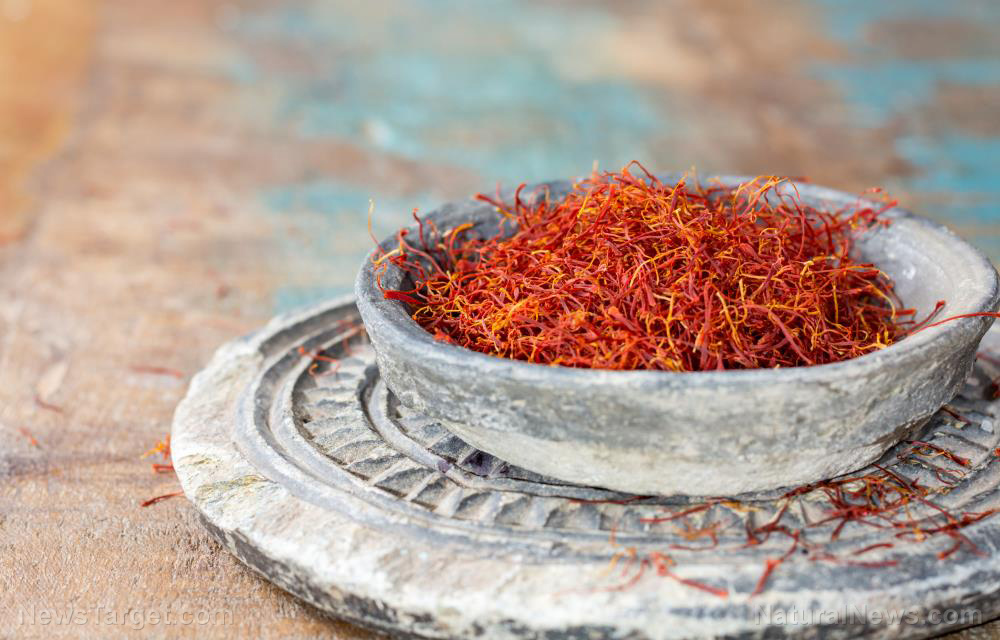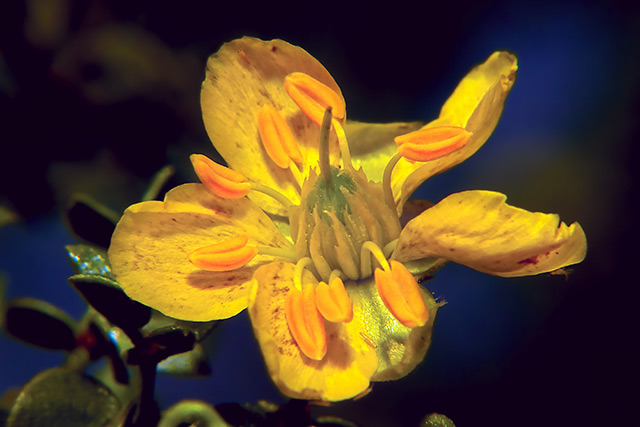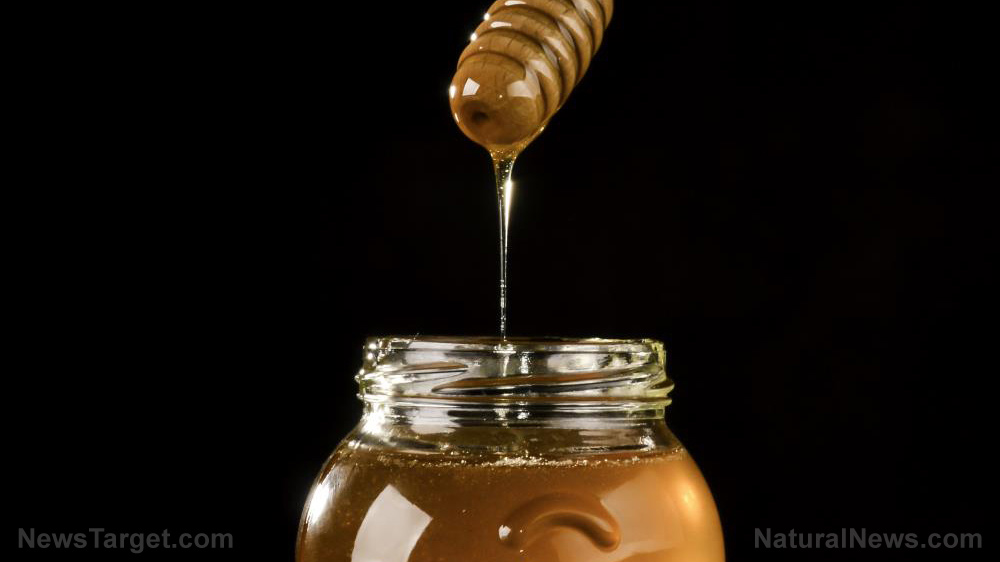Compound in magic mushrooms found to work magic on depression symptoms
02/07/2022 / By Ramon Tomey
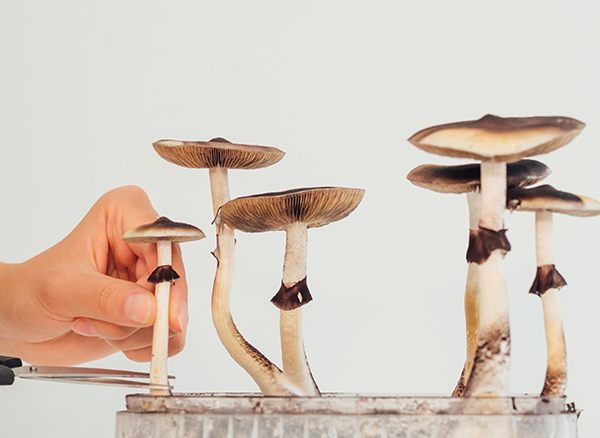
The compound psilocybin found in so-called “magic mushrooms” is well known for its hallucinogenic properties. However, a new study has suggested its efficacy in addressing symptoms of depression. Researchers compared the magic mushroom compound to antidepressant medications and found that it worked as well as the drug.
The study, published in the New England Journal of Medicine, divided volunteers into two groups. One group took two doses of psilocybin spaced three weeks apart, while the other group took a six-week course of the antidepressant drug escitalopram. Both groups were asked to answer a survey at the start and the end of the study regarding the depression symptoms they experienced.
It found that the psilocybin and escitalopram groups reflected similar reductions in the symptoms of depression they experienced. However, the psilocybin group was more likely to report remission from symptoms. The paper’s findings concur with previous research suggesting the potential benefit of psilocybin in those with depression.
The trial’s lead researcher and study author Robin Carhart-Harris said in a statement: “One of the most important aspects of this work is that people can clearly see the promise of properly delivered psilocybin therapy by … [comparing it] with a more familiar, established treatment in the same study.” The head of Imperial College London‘s (ICL) Center for Psychedelic Research remarked that the magic mushroom compound “performed very favorably” in the trial.
But the researchers warned about the limitations of their study, pointing out three things in particular. First, they stressed the absence of a “statistically meaningful difference” between the scores of the groups taking psilocybin and escitalopram. Second, they mentioned that the study did not test a placebo – so it cannot be determined if either therapies worked better than a dummy treatment. Third, they warned that self-medication with psilocybin should be avoided because of its potential negative effects when taken unregulated.
Psilocybin remains illegal despite potential for addressing depression
Several small studies performed over the past decade have looked into psilocybin’s potential for treating those with psychological disorders. The magic mushroom compound was touted to address treatment-resistant depression and psychological distress related to cancer. However, the April 14 study joins the few trials that compare psilocybin with standard anti-depression drugs.
In an editorial accompanying the study, Dr. Jeffrey Lieberman of the Columbia University Vagelos College of Physicians and Surgeons said the findings by Harris’s team “provide tantalizing evidence for the efficacy of psilocybin in the treatment of major depressive disorder.” He continued that it is still unknown if the same benefits of natural psilocybin could be replicated with a drug engineered to work like the compound – without the hallucinogenic effects. “We are still awaiting definite proof of the therapeutic effect of psychedelics and their capacity of the human condition,” Lieberman wrote.
Back in May 2016, the Telegraph reported that a study highlighted the potential of psilocybin against severe depression. A group of ICL scientists gave 12 patients with depression high doses of the compound, inducing intense psychedelic trips in the participants. One week after the trial, all 12 volunteers were rid of their depression. A follow-up done three months later reported that five participants had not experienced any symptoms.
Incidentally, Harris also served as the lead author for the 2016 study. He said that time: “Psychedelic drugs have potent psychological effects and are only given in our research when appropriate safeguards are in place, such as careful screening and professional therapeutic support.”
Research team member and professor David Nutt said: “Our study has shown psilocybin is safe and fast-acting. [It] may, if administered carefully, have value for our patients.” He also slammed the myriad of “Kafka-esque” regulations and licensing requirements, which forced the team to wait almost three years before being permitted to conduct the study. “It cost 1,500 [pounds] to dose each person, when in a sane world it might cost 30 [pounds],” Nutt remarked.
Nutt’s sentiments definitely ring true even across the pond. The use of psilocybin for recreational purposes in the U.S. is illegal at the federal level. However, a number of cities have decriminalized the use of magic mushrooms. The cities of Denver, Oakland and Santa Cruz in California and Ann Arbor in Michigan are some that have refused to outlaw psilocybin.
Advocates of magic mushrooms would definitely be thrilled to know that Oregon is the first state to decriminalize the use of psychedelic mushrooms. The measure to decriminalize psilocybin received more than 50 percent of votes during the November 2020 elections. However, it still had caveats: Psilocybin would only be used for medical purposes and all doses must be taken at a medical treatment facility.
Visit Medicine.news to read more about psilocybin and other natural cures against depression.
Sources include:
Submit a correction >>
Tagged Under:
alternative medicine, beatdepression, depression, depression cures, escitalopram, magic mushrooms, mental health, natural cures, natural medicine, psilocybin, psychedelic substances, weird science
This article may contain statements that reflect the opinion of the author
RECENT NEWS & ARTICLES
COPYRIGHT © 2017 ALTERNATIVE MEDICINE NEWS

